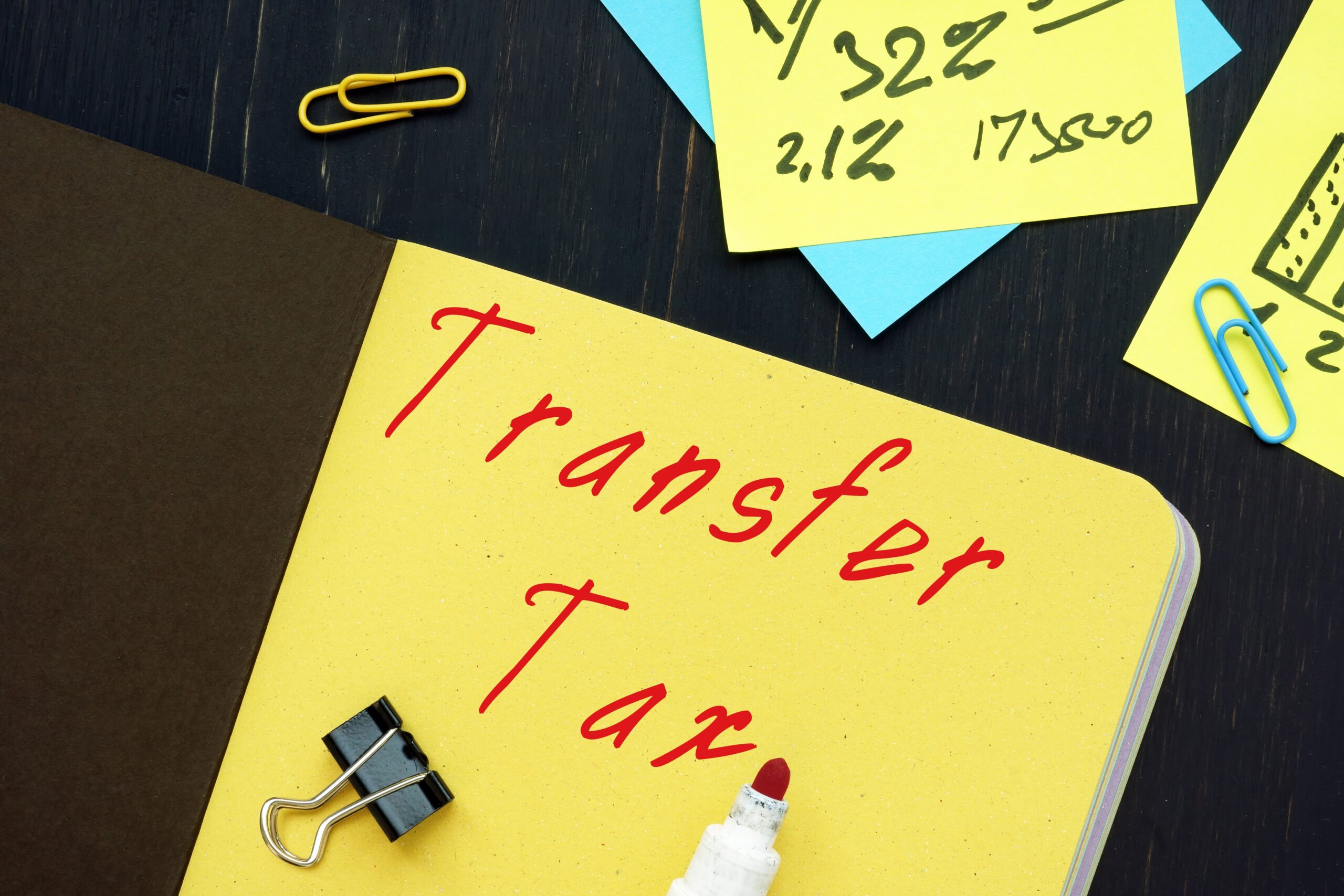Last week, Mayor London Breed proposed a ballot measure aimed at encouraging conversion of office to residential use in San Francisco’s Downtown by eliminating transfer tax for certain converted residential space. The measure would complement the Commercial to Residential Adaptive Reuse Program, effective as of August this year, which we previously provided an overview of on April 19, 2023.
Currently, the City’s Transfer Tax is as high as 6% for transactions over $25 million (Article 12-C, San Francisco Business and Tax Regulations Code (the “Transfer Tax”)). If approved by the voters, any deed, instrument, or writing that effects a first transfer of converted residential property, that would have been subject to the Transfer Tax, is exempt from the Transfer Tax. However, the exemption only applies up to the first 5,000,000 square feet of converted residential space. Above the 5,000,000 gross square feet limitation, the Transfer Tax would apply to the proportional value of or consideration for the property, based on the floor area over 5,000,000 square feet.
Under the ballot measure, converted residential property is the property or portion of property that received a first certificate of occupancy after conversion from nonresidential property to residential property (“Converted Residential Property”), and meets the following requirements:
- Either (1) the first development application for conversion is approved or (2) the first site or building permit is issued, before January 1, 2030. Note, in cases where there is an appeal, the approval/issuance must be upheld before January 1, 2030;
- A certificate is requested from the Planning Department, before January 1, 2030, showing the square footage of the proposed conversion, to be within the 5,000,000 square foot limitation (“Qualifying Certificate”);
- A first construction document is received within three years after final approval of the conversion; and
- At the time of the transfer, the gross floor area of the improvements divided by the lot area is at least one.
Those who seek to claim the proposed Transfer Tax exemption must take the following steps:
- Request, after final approval of the property conversion, a Qualifying Certificate;
- Request an exemption certificate from the Planning Department for each transfer for which an exemption will be claimed; and
- For each exemption claimed for each transfer, submit the exemption certificate to the recorder at the time the Transfer Tax Affidavit is submitted.
According to the Mayor’s Office, 30 million square feet, or 34% of the office market, is currently vacant in the City. The proposed ballot measure aims to assist projects on the edge of financial feasibility through elimination of tax that would be due on the sale of a converted building. Voters will decide whether to approve this proposed ballot measure at the upcoming March 5, 2024 election.
Authored by Reuben, Junius & Rose, LLP Attorney Kaitlin Sheber.
The issues discussed in this update are not intended to be legal advice and no attorney-client relationship is established with the recipient. Readers should consult with legal counsel before relying on any of the information contained herein. Reuben, Junius & Rose, LLP is a full service real estate law firm. We specialize in land use, development and entitlement law. We also provide a wide range of transactional services, including leasing, acquisitions and sales, formation of limited liability companies and other entities, lending/workout assistance, subdivision and condominium work.


